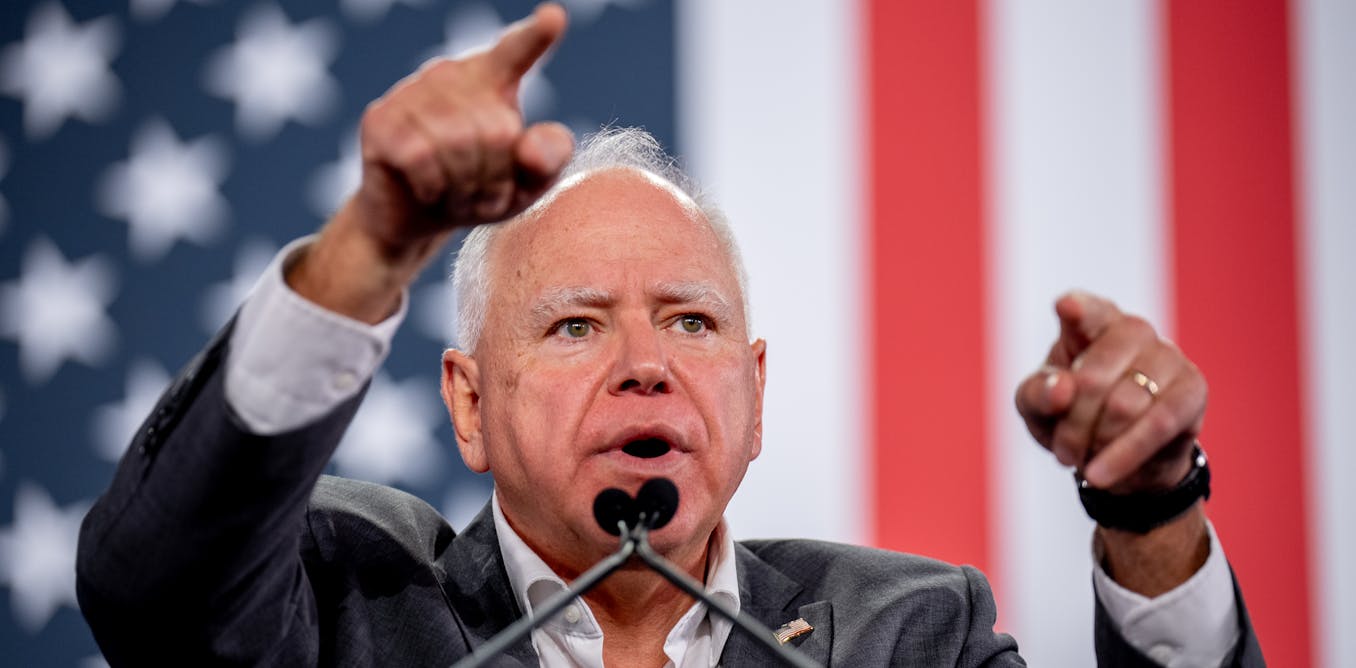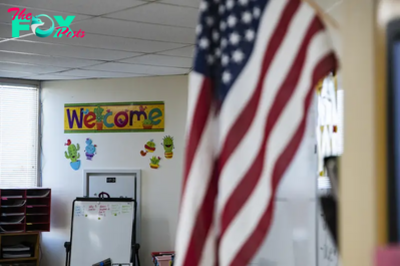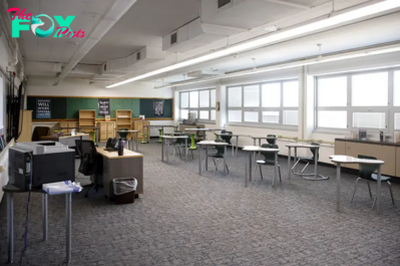Education
After years of closures, four new specialized schools open for Colorado’s “most vulnerable” students
This story was copublished with Chalkbeat. Sign up for their newsletters at ckbe.at/newsletters.
Three new specialized Colorado schools began working with school districts this fall to serve students with some of the highest needs in the state. A fourth new school works with teenagers and young adults who are in the juvenile justice system.
Known as facility schools, the number of these specialized schools had been dwindling for years due to low state funding, staffing shortages, and operating hurdles. But the four new schools are an indication that a state law passed last year is having the intended effect of increasing options for what one state report called some of Colorado’s “most vulnerable” students.
Together, the new schools will provide more than 100 new facility school seats for students in Colorado, according to the state, shortening the long waitlists that have become common.
“It’s a sign that things are moving in the right direction,” said outgoing state Sen. Rachel Zenzinger, an Arvada Democrat who sponsored the 2023 bill. “But it’s going to take a little bit more time to fully know the impact.”
Two of the new schools, TACT and Joshua Early Childhood Center, were existing programs that are now designated by the state as facility schools, opening up the flow of both public school funding and students. Another school, Austin Centers for Exceptional Students, is brand new to Colorado. Austin Centers runs six similar schools in Arizona.

Rocky Mountain Leadership School in Idaho Springs serves a small number of adjudicated boys and young men ages 16 to 20 who are in the custody of the state Division of Youth Services.
Many students who attend facility schools struggle with intense mental or behavioral health needs. Some have diagnoses of autism or emotional or intellectual disabilities. Others have experienced trauma, chronic illness, or substance abuse.
Facility schools are often schools of last resort. School districts and other state agencies send students to facility schools when they can’t meet the students’ needs. The districts pay tuition, and the facility schools also get funding directly from the state.
There were 80 facility schools in Colorado in 2004, but the number had plummeted to 30 by the time the new law was passed in spring 2023. Two more facility schools, Devereux Cleo Wallace in Westminster and Jefferson Hills in Lakewood, closed shortly thereafter.
But the 2023 law seems to be slowing the pace of the closures, advocates said. Among other changes, the law increased state funding for facility schools, allowing them to raise teacher pay and better comPete for talent. It also created a new category called specialized day schools that provides a different way for schools and programs to get licensed as facility schools.
And the law created a grant-funded program that allows facility schools to band together to pay for services such as food, accounting, and IT. An early pilot showed participating facility schools saved between 15% and 30% on those services.
“It was the biggest sigh of relief for me of, ‘Yes, this is what we intended for this bill,’” said Becky Miller Updike, the executive director of the Colorado Association of Family and Children’s Agencies, which represents several facility schools.
But challenges remain. Most Colorado facility schools, including the new ones, are located along the Front Range. That leaves students in rural parts of the state with few to no options.
“The giant black hole continues to be the non-metro area,” Miller Updike said. “We all hope we can get a lot more geographic representation across the state for these kinds of schools.”

Austin Centers was called to Colorado by long waitlists
Brad Trout, principal of the new Austin Centers school in Westminster, said the organization had been looking to expand outside Arizona for several years. Austin Centers looked at six states including Colorado, said Trout, who previously worked for the organization in Tempe.
“When they looked at Colorado, they found that there were a lot of students that were homebound, and a lot of students that were on waitlists to get into facility schools,” Trout said. “That’s really the imPetus behind the decision to come up here.”
Austin Centers was approved by the Colorado Facility Schools Board in early August. But word had gotten out before then. Trout said he began hearing from school districts in June.
“School districts started reaching out to me, sending me copies of [special education plans] saying, ‘Hey, can you review this kid? Let me know if this is a student you could work with,’” he said. “School districts were taking a big risk on us getting approved.”
-

 Education2h ago
Education2h agoColorado’s Amendment 80 wants to make school choice ‘a right’ when it already is – an expert in educational policy explains the disconnect
-

 Education3d ago
Education3d agoTim Walz’s candidacy for vice president underscores the political power of teachers
-

 Education6d ago
Education6d agoPresidential elections provide opportunities to teach about power, proportions and percentages
-

 Education1w ago
Education1w agoIs homework worthwhile?
-

 Education1w ago
Education1w agoThese high school ‘classics’ have been taught for generations – could they be on their way out?
-

 Education1w ago
Education1w agoAccused Buffalo mass shooter had threatened a shooting while in high school. Could more have been done to avert the tragedy?
-

 Education1w ago
Education1w agoChildren are bombarded with violence in the news – here’s how to help them cope
-

 Education1w ago
Education1w agoPandemic presents an opportunity for small liberal arts colleges to change



























